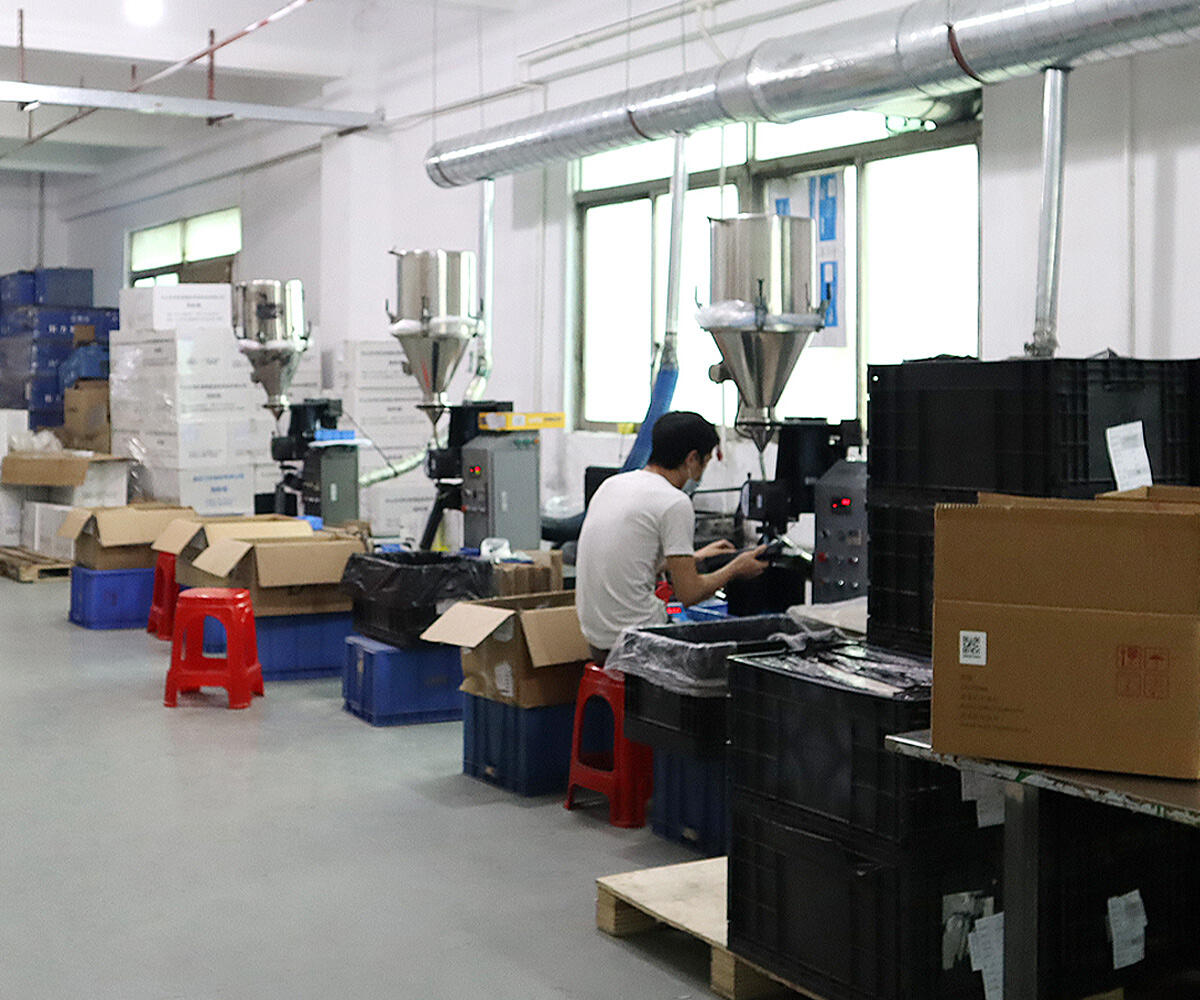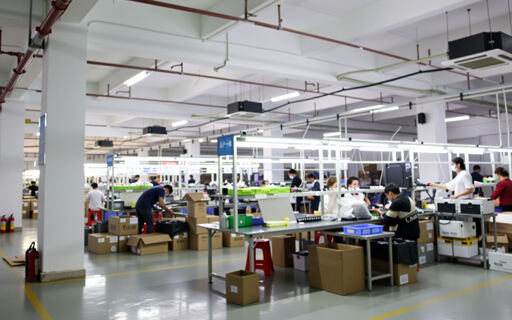toner factory price
Toner factory price represents a crucial aspect of the printing industry's supply chain, offering businesses direct access to high-quality toner products at manufacturer-direct rates. This pricing model encompasses various factors, including raw material costs, production efficiency, manufacturing scale, and market demand. Modern toner factories employ advanced production technologies, including chemical and mechanical processes, to create consistent, high-performance toner particles. These facilities maintain strict quality control measures while optimizing production costs through automated systems and efficient resource management. The factory price structure typically reflects bulk production capabilities, allowing for significant cost savings compared to retail channels. Furthermore, these facilities often integrate sustainable practices and innovative technologies to reduce production costs while maintaining product quality. The pricing model also considers factors such as packaging, storage, and distribution logistics, providing a comprehensive cost structure that benefits both manufacturers and buyers. The direct factory pricing system enables businesses to access premium toner products while eliminating intermediate markup costs, making it an economically advantageous option for high-volume consumers and resellers.


